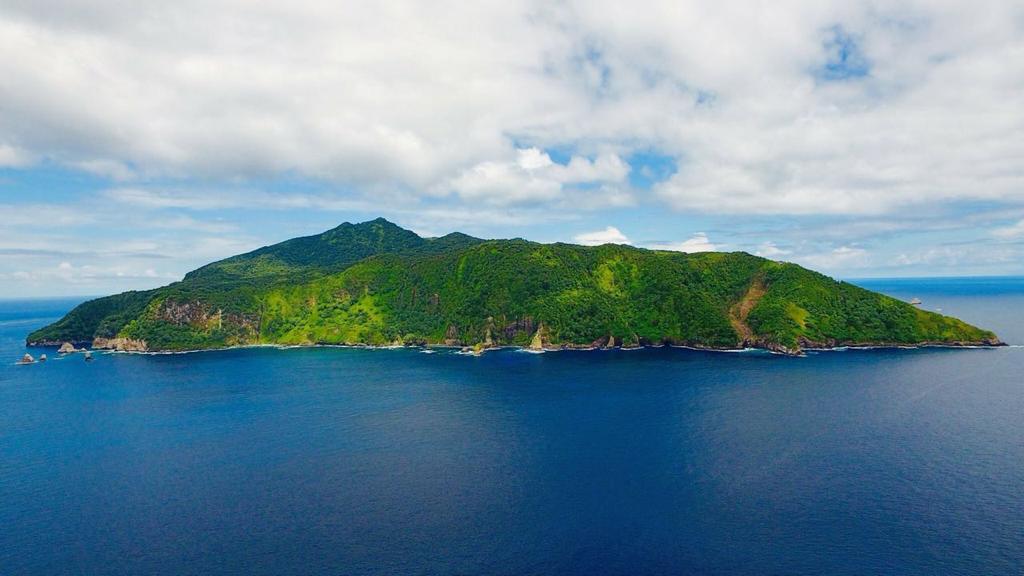With over 1,290 km of coastline on two of the world’s largest oceans, the Pacific and Caribbean oceans, Costa Rica boasts a rich diversity of marine flora and fauna. It is home to more than 6700 marine species, and a great variety of marine ecosystems such as coral reefs, submarine mountain ranges, mangroves, seagrasses, tropical fjords, mudflats, oceanic islands, etc. Therefore, it became important for Costa Rica to conserve this richness in the form of an efficient marine protected network.
What are Marine Protected Areas?
A marine protected area is a section of the sea, ocean, or estuary, with restrictions on human activities for conservation purposes i.e. conservation of biodiversity and natural resources. These can have many purposes, ranging from acting as wildlife refuges to serving as grounds for research facilities.
Benefits of Marine Protected Areas
The benefits of marine protected areas extend far beyond the conservation of marine biodiversity. Humans also benefit from these protected areas in many direct and indirect ways. Let’s delve deep into the importance and significance of marine protected areas.
1. Conservation of Biodiversity
Of the marine species reported from Costa Rica, more than 90 are endemic. Marine Protected Areas provide natural areas with lower human impacts. They shelter and protect habitats of threatened, depleted, rare, and endangered species from danger, pursuits, and human activities.
2. Protect Unique Marine Environment
Marine protected areas help protect biodiversity associated with rare and unique geological features. For example – The seamounts of Costa Rica are important for different kinds of species, as the steep sides of seamounts channel nutrient-rich water from deeper areas into shallower seas. These become rich feeding grounds for native species and act as a stopover for many migrating species.
3. Increased Resilience of Marine Ecosystems
By protecting and conserving biodiversity and habitats of species, marine protected areas help increase the resilience of marine ecosystems like coral reefs, mangroves, and seagrass beds which are responsible for coastal protection.
Marine ecosystems help reduce the impact of cyclones, typhoons, hurricanes, and storms by reducing the wave energy and buffering the shores from surge water. They also prevent coastal erosion which is important to protect coastal beaches, cities, and communities lined along the shore.
4. Provide As A Baseline For Studying The Health Of Other Marine Areas
The slow changes caused by natural events and human activities can be challenging to measure. These protected areas serve as a reference site for assessing the impact of humans and other factors on adjoining marine environments. Without these protected areas the value of comparisons is limited.
For example, because these zones prohibit fishing, the size, diversity, and abundance of fish here can be compared with that in the adjoining areas that undergo fishing. This information can then be used to determine the effects of fishing on marine ecosystems.
5. Spill-Over Effect
Marine protected areas are home to many native species and act as a home base for many migratory species which use these protected grounds to breed, reproduce, feed, and congregate.
The eggs, larvae, and fish from these protected zones spill over to the adjacent non-protected zones, which benefit commercial and recreational fishermen. So, even if fishing is restricted inside the marine protected area, the fish are found in large numbers just outside the borders. This is called the spill-over effect.
6. Supports Local Economy Through Tourism & Recreation
Tourism is one of the largest industries in the world, and the marine environment is one of the most attractive settings for tourism and recreation. And marine tourism is highly dependent on the quality of marine ecosystems.
Moreover, marine tourism is responsible for the creation of jobs and the generation of revenue from hotels, restaurants, recreational water activities (wildlife watching, snorkeling, scuba diving, etc.), and commercial & entertainment facilities.
Tourism in the marine environment, if managed in a sustainable manner, can become an alternate source of income for many local communities who otherwise derive income by exploiting the marine ecosystems. For example, rather than fishing on a dwindling stock, the community can earn more from the tourism arising from the presence of these species in their natural marine environment.
7. Important Role In Scientific Research
Marine protected areas play an important role in scientific research, invention, and discovery. Since, to date, only a small number of marine organisms have been sampled, studied, and tested, the potential for new scientific discoveries is huge, and marine protected areas can serve as important research grounds for scientists!






